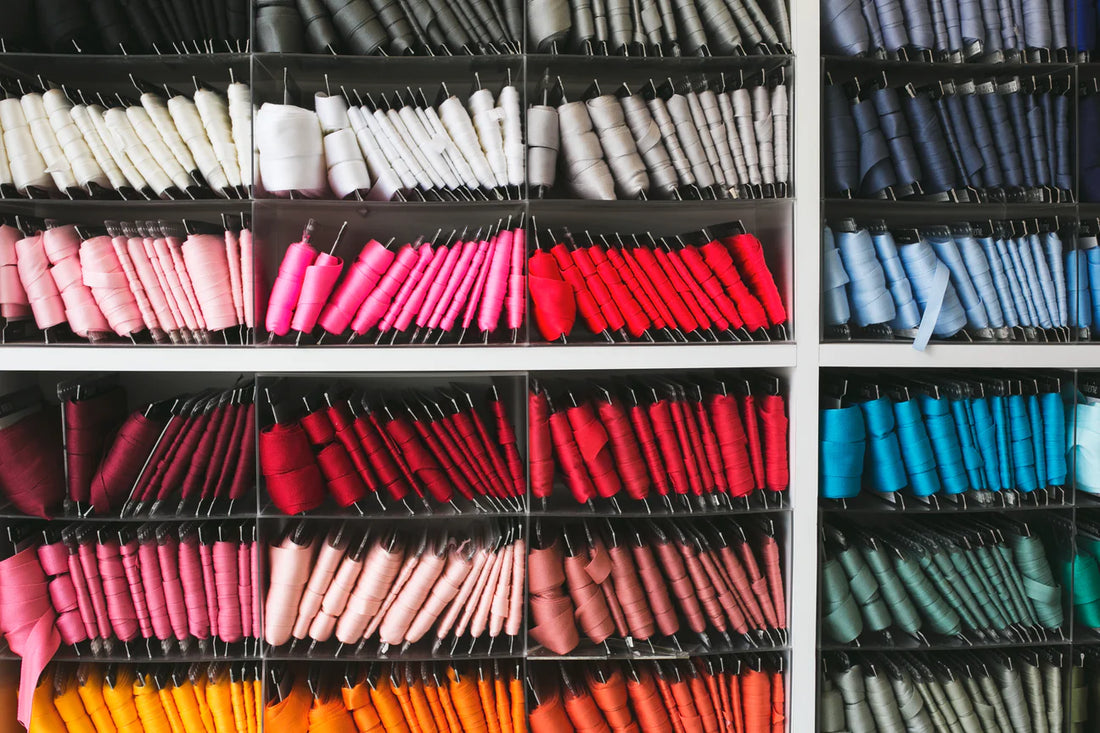When shopping for bedding, one of the terms that you will likely come across is "thread count." Thread count refers to the number of threads woven into one square inch of fabric. It is often used as an indicator of the quality and comfort of sheets, but it can also be a confusing and misleading metric. In this blog, we will explore what thread count is, what it means for the quality of your sheets, and whether it should be the most important factor in your decision-making process.
What is Thread Count?
Thread count is the number of horizontal and vertical threads woven into one square inch of fabric. For example, if a fabric has 200 horizontal threads and 200 vertical threads per square inch, it would have a thread count of 400. Thread count is often used as an indicator of the quality of sheets, with higher thread counts being associated with softer, smoother, and more luxurious bedding.
What Does Thread Count Mean for the Quality of Sheets?
While thread count can be an indicator of the quality of sheets, it is not the only factor that determines how comfortable or durable they are. A high thread count does not necessarily mean that sheets are of higher quality or that they will last longer than sheets with a lower thread count.
One factor to consider is the type of material used to make the sheets. Sheets made from high-quality, long-staple cotton fibers tend to be softer and more durable than those made from shorter fibers. The weave of the fabric also plays a role in the quality of the sheets. Percale weaves are known for their crisp, cool feel, while sateen weaves have a silky, smooth texture.
Another important factor to consider is the finish of the sheets. Some manufacturers use chemicals or other treatments to make their sheets feel softer or to enhance their appearance. However, these treatments can also reduce the durability of the sheets and may even cause skin irritation in some people.
Should Thread Count be the Most Important Factor in Your Decision-Making Process?
While thread count can be an important factor to consider when shopping for sheets, it should not be the only factor. A higher thread count does not necessarily mean that the sheets will be more comfortable or last longer than sheets with a lower thread count. Instead, focus on the quality of the materials used to make the sheets, the weave of the fabric, and the finishing process.
Ultimately, the best way to determine whether a set of sheets is right for you is to touch and feel them yourself. Look for sheets that feel soft and smooth to the touch and that are made from high-quality materials. Don't be swayed by a high thread count if the sheets don't meet your other criteria for comfort and durability.
In conclusion, while thread count is an important factor to consider when shopping for bedding, it is not the only factor. By taking into account the quality of the materials, the weave of the fabric, and the finishing process, you can find sheets that are comfortable, durable, and perfect for your needs.

